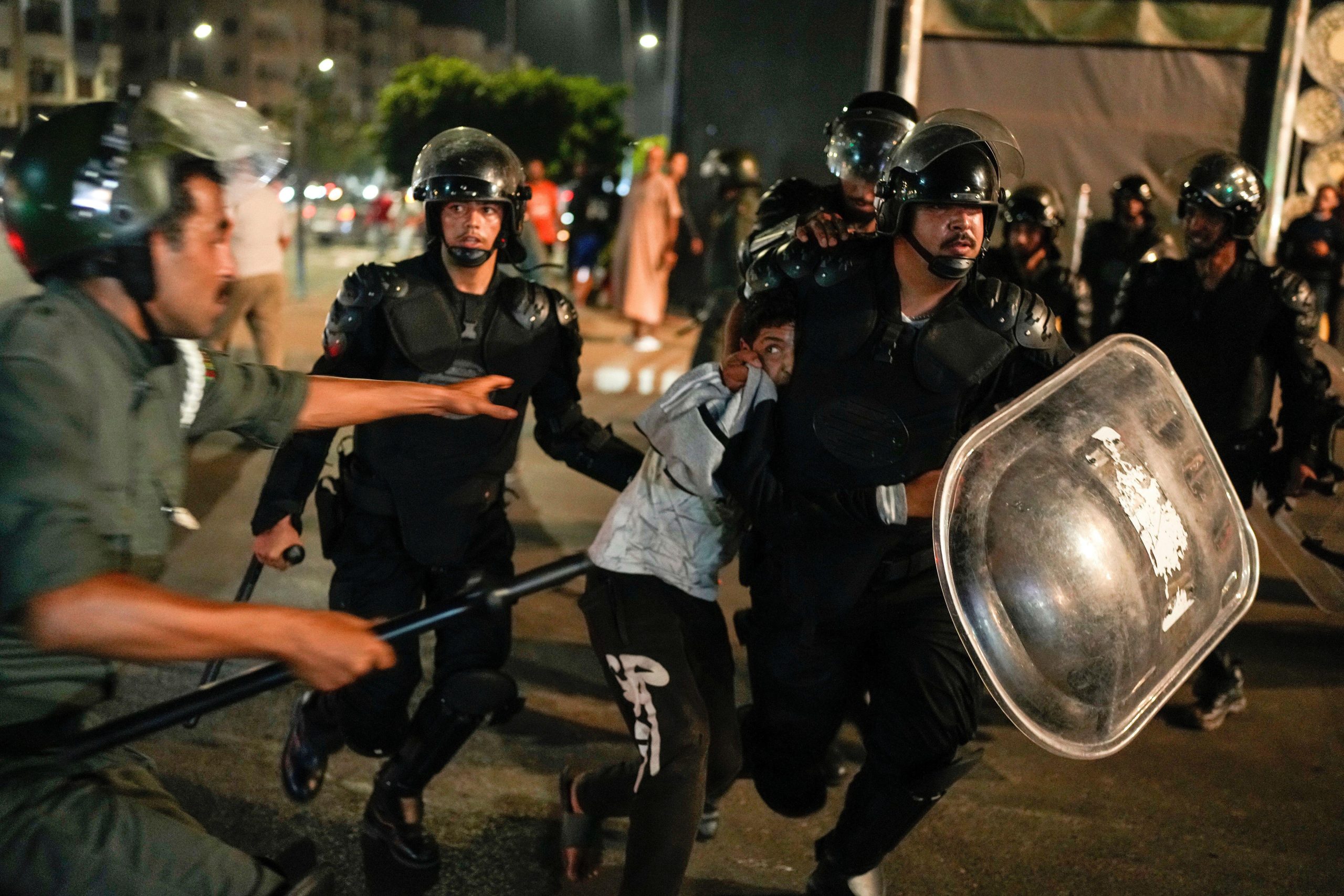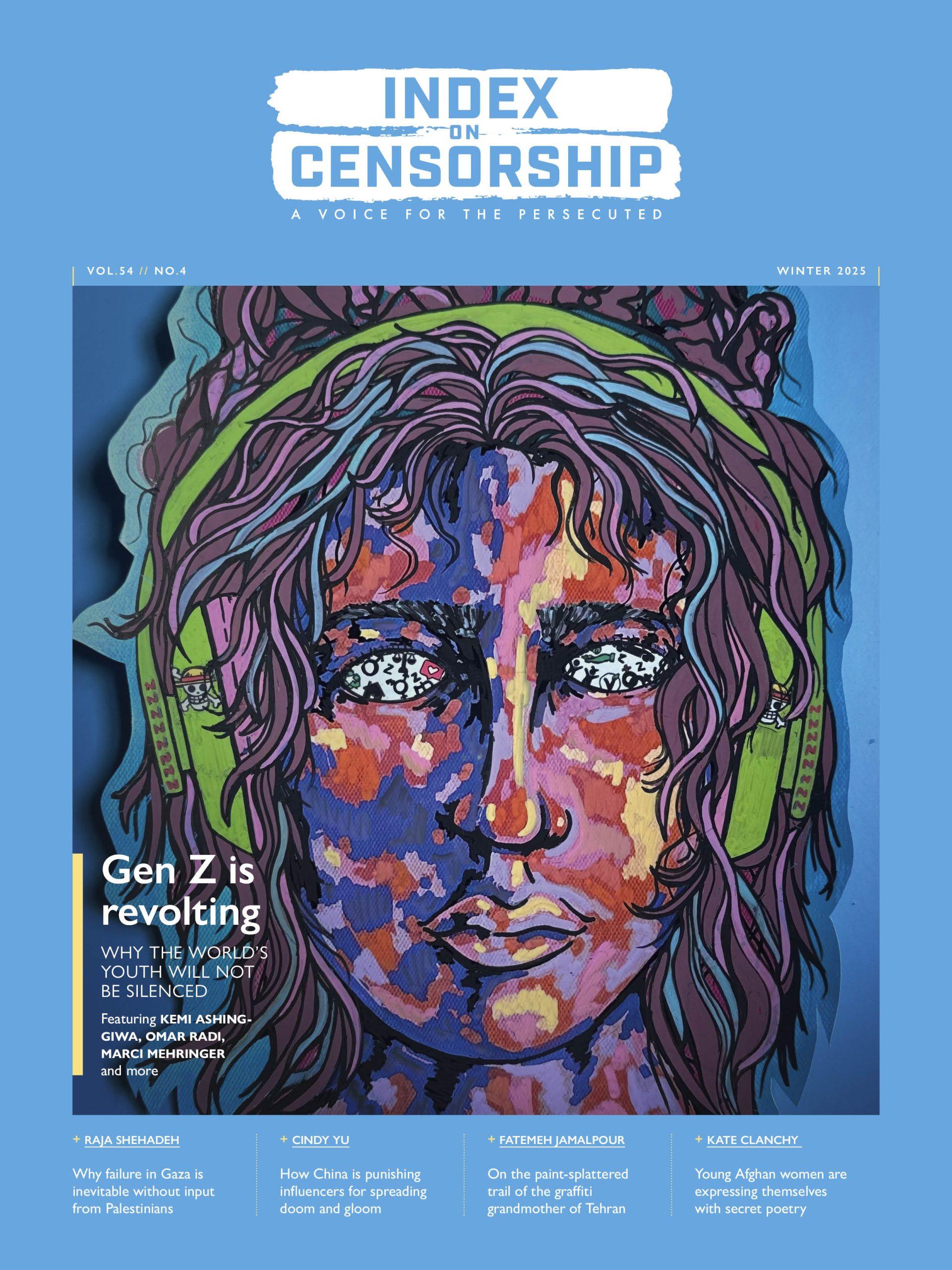As I wrote the newsletter last week we were closely following events in Iran but didn’t have a full picture in terms of free speech ramifications, in part because of censorship itself – internet blackouts and media bans meant that information was slow to leave the country. One week on, it’s different. Many alarming stories have emerged.
The conflict between Israel and Iran was of course marked from the start by free speech violations – early on there was the bombing of Iranian state television. Then later there were strikes on Tehran’s Evin Prison. While these acts may have been intended as symbolic blows against key institutions of Iranian repression, the consequences were grimly real: media workers killed, political prisoners endangered. And in between? Lots of repression.
At Index, some developments were personal, including when our 2023 Arts Award winner – the rapper Toomaj Salehi – disappeared for three days. Beyond our immediate network, according to the Centre for Human Rights in Iran, more than 700 citizens have been arrested in the past 12 days, some for alleged “espionage” or “collaboration” with Israel. There have also been six executions on espionage charges carried out, with additional death sentences expected.
The Supreme Council of National Security announced that any action deemed supportive of Israel would be met with the most severe penalty: death. The scope was broad, ranging from “legitimising the Zionist regime” to “spreading false information” or “sowing division”.
As mentioned above, Iran also began restricting internet access before shutting down access altogether. Officials claimed the blackout was necessary to disrupt Israeli drone operations allegedly controlled through local SIM-based networks. The result: ordinary Iranians were cut off from vital news. International journalists from outfits like Deutsche Welle (DW) were banned from reporting inside Iran. The family of a UK-based journalist with Iran International TV was even detained in Tehran, in an attempt to force her resignation. Her father called her under duress, parroting instructions from security agents: “I’ve told you a thousand times to resign. What other consequences do you expect?”
Yet amid the bleakness, there have been a few positive instances. Iranian state media aired a patriotic song by Moein, a pop icon long exiled in Los Angeles. Some billboards replaced religious slogans with pre-Islamic imagery, such as the mythical figure Arash the Archer. There has also been an unexpected digital reprieve: on Wednesday, following the agreement of an Israel-Iran ceasefire deal brokered by the US administration the day before, Iranians reported unfiltered access to Instagram and WhatsApp for the first time in two years.
Given everything else it feels unlikely that this openness will last. This week’s proposals by Iran’s judiciary officials to expand espionage laws and increase the powers of Iran’s sprawling security apparatus imply as much, too. So while the world’s eyes might have moved away from Iran, our gaze is still there – documenting the free speech violations and campaigning for their end.






